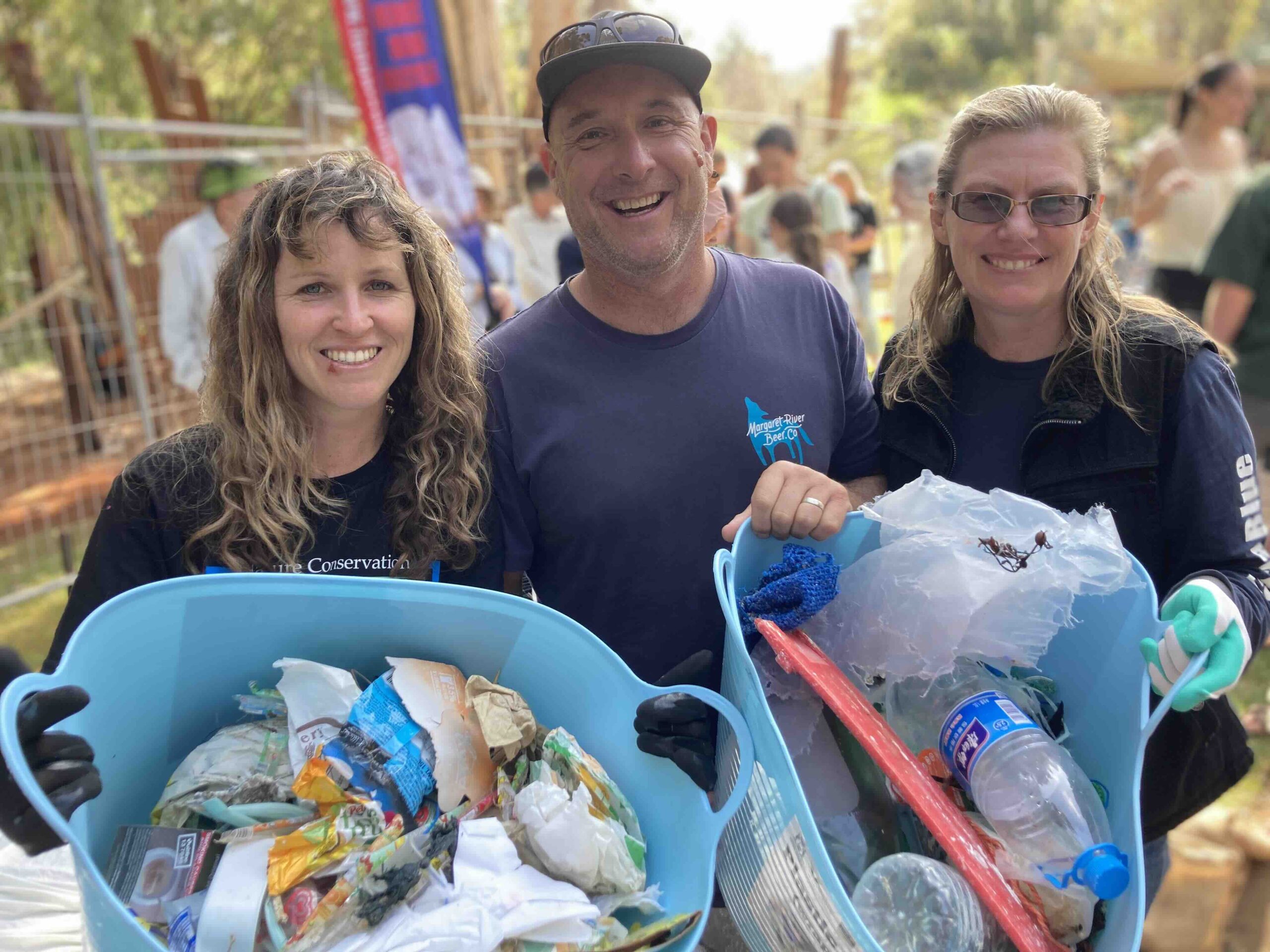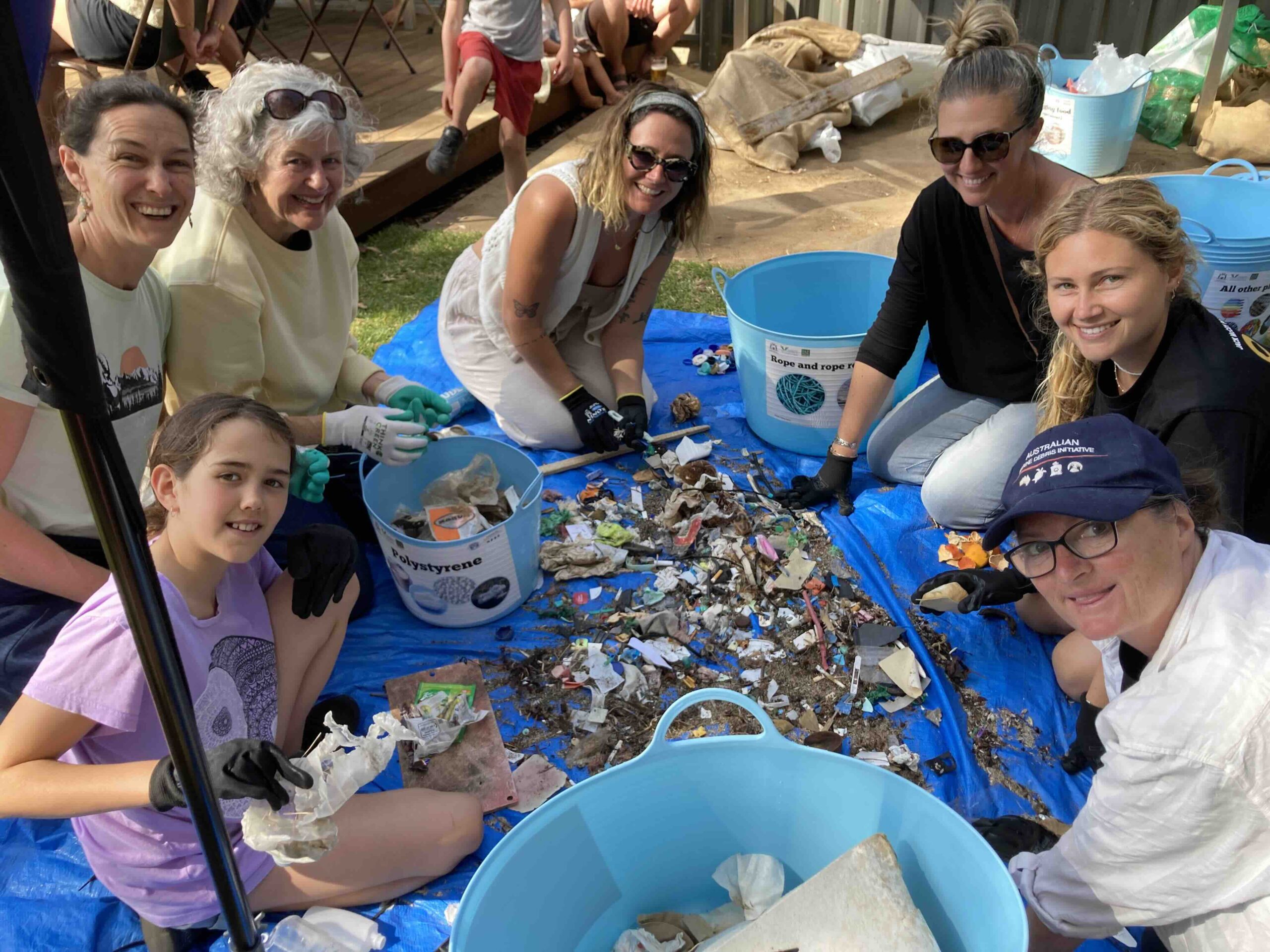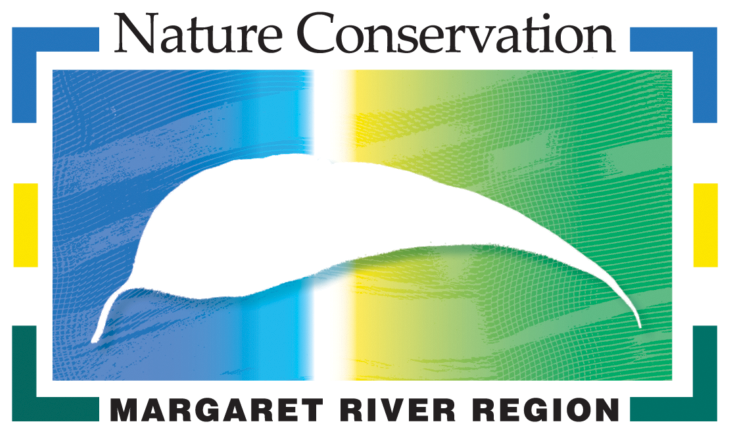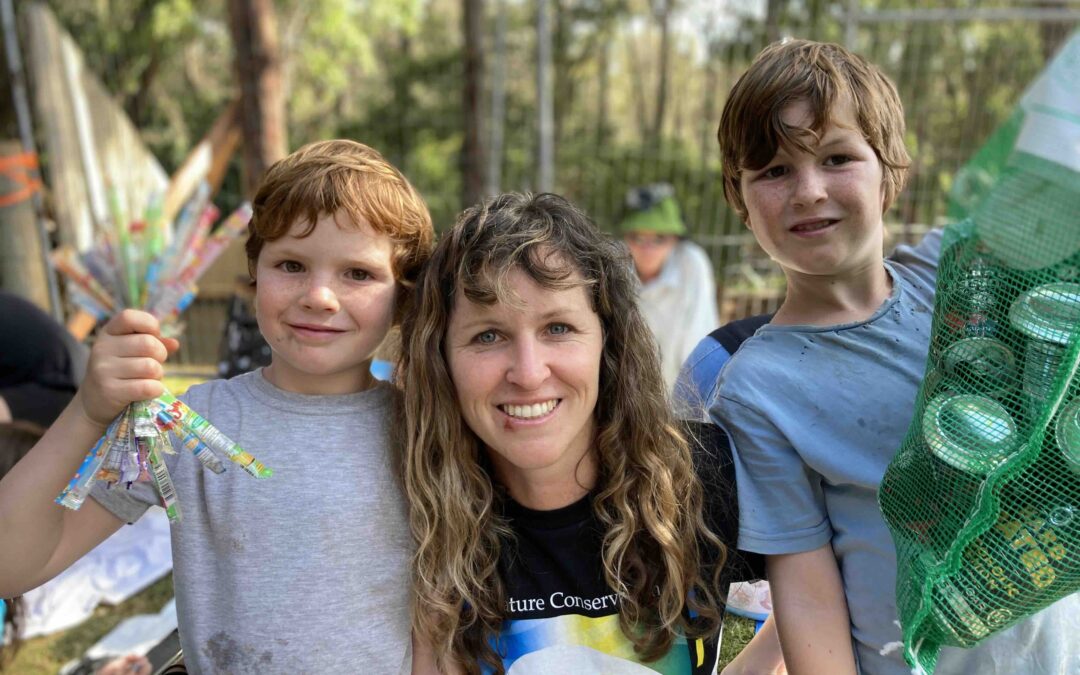An army of volunteers hit the region’s beaches last Friday, Saturday and Sunday for what has been dubbed the Margaret River region’s biggest beach clean-up.
From October 11-14, volunteers across the Capes region joined Tangaroa Blue Foundation and Nature Conservation Margaret River Region to clean-up the coastline, including locations like Redgate Beach, Contos, Ellensbrook and Prevelly.
It was part of Tangaroa’s state-wide WA Beach Clean-Up day and this year marks the 20th anniversary of the event. And what started as a humble beach clean-up at Ellensbrook 20 years ago by Tangaroa Blue chief executive Heidi Tait has now spread across the nation and even to places across the Asian Pacific and South Pacific.
Volunteers then gathered at a special “Sip N Sort” celebration event at Margaret River Brewhouse on Sunday afternoon to sort the debris into categories and log in the Australian Marine Debris Initiative (AMDI) database. By recording where, how much and what sort of debris is found, Tangaroa Blue collects evidence that is used to lobby government and industry, and help create plans to reduce the waste at its source.

Nature Conservation’s Mandy Polley, Brewhouse co-owner Ilya Hastings, and Tangaroa Blue’s Heidi Tait
Over the last 19 years, the WA Beach Clean-Up has helped remove 45 tonnes of marine debris from our precious coastline – more than the average weight of an adult humpback whale!
Ms Tait was among the hundreds of people cleaning up our beaches, and she said it was incredible to see the community support. “We had more registrations than we’ve ever had before,” she said. “I am so humbled and so proud because we started here in Margaret River at Ellensbrook Beach 20 years ago and the community has continued to support this event. The success here has resonated across the country.”
She said much of the debris on WA beaches is local litter from coastal towns but also from cargo ships and commercial fishing. “The cargo ships turn that corner in Augusta and we’re seeing a lot of litter that is illegally dumped, and we also find a lot of commercial fishing litter,” she said. “That’s why it’s important that we record and analyse the data at a regional level. Citizen science works because you can collect good data, engage the right stakeholders, and make a change that’s measurable.”

Volunteers sorting marine debris
Despite the efforts of clean-up crews, Ms Tait said litter was increasing because the world’s population keeps growing. “But where we’ve seen real success is those targeted interventions, targeting a specific type of litter. However, we still have a massive problem, because we keep using plastic for things we shouldn’t be making out of plastic. I was cleaning up at Ellensbrook this morning, and under every little pile of seaweed is a gazillion little pieces of microplastic.”
Nature Conservation’s coastal officer Mandy Polley said it was amazing to see the local community join surfers, hikers, fishers and many others who enjoy the coast to help collect rubbish and keep our beaches clean. “Our beaches are a playground for families, surfers and beach-lovers. So, it was so great to see so many people cleaning up their favourite beach or special location,” she said.

